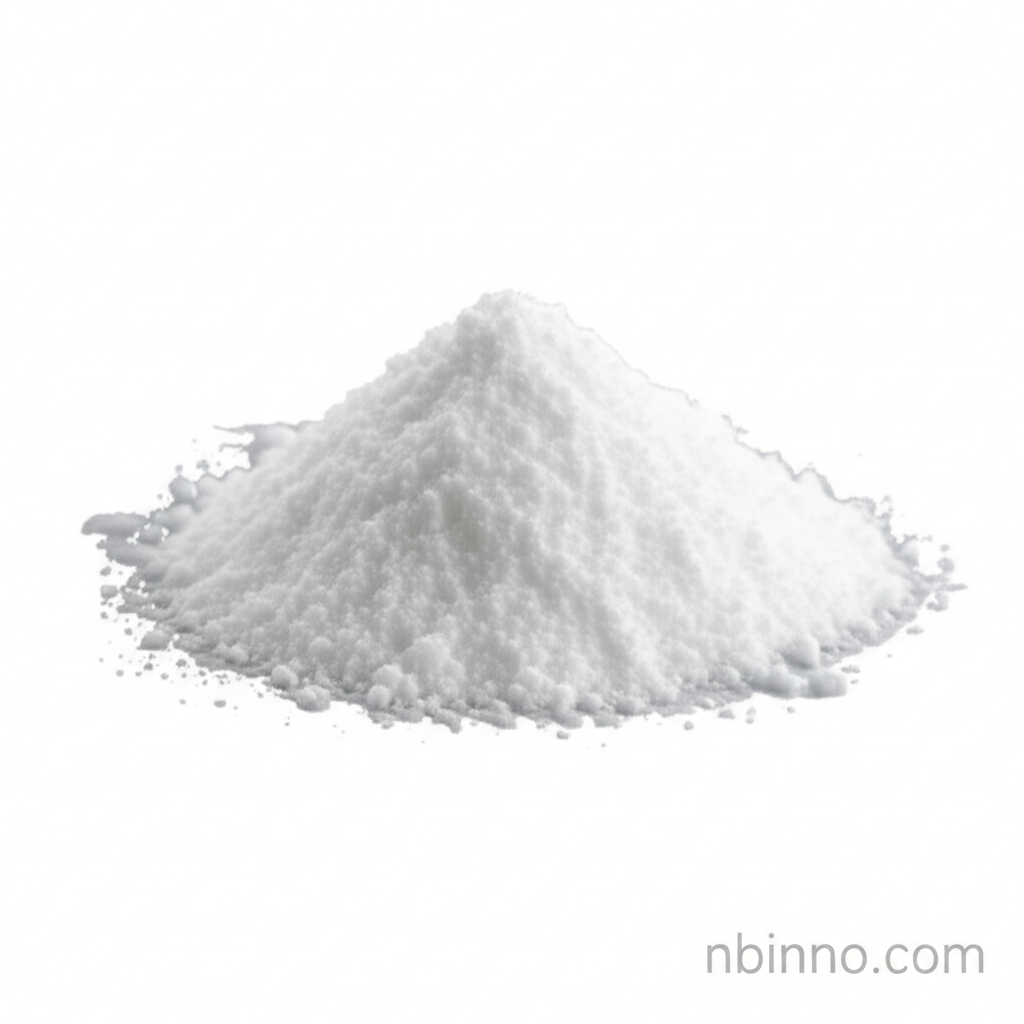Procaine Hydrochloride: Properties, Applications, and Safety in Modern Medicine
Discover the foundational local anesthetic, its historical significance, and modern relevance in healthcare.
Get a Quote & SampleProduct Core Value

Procaine Hydrochloride
Procaine Hydrochloride is a pivotal synthetic organic compound, historically significant as the first successful substitute for cocaine in local anesthesia. It offers a safe and effective means of pain management when administered via injection.
- Explore the key properties of procaine hydrochloride powder anesthetic, understanding its role in various medical procedures.
- Learn about the procaine hydrochloride synthesis and its journey from laboratory to clinical application.
- Delve into the procaine hydrochloride side effects and safety profile, ensuring informed usage.
- Investigate the procaine hydrochloride uses, particularly in dental anesthesia and other pain relief scenarios.
Key Advantages
Safe Anesthetic Alternative
As a primary Novocaine substitute, it provides reliable local anesthesia with a low incidence of toxicity and addiction, contributing to patient safety.
Versatile Application
The versatility of Procaine Hydrochloride extends to infiltration, nerve blocks, and spinal anesthesia, making it a valuable tool in diverse medical contexts.
Established Pharmaceutical Intermediate
Its role as a key pharmaceutical intermediate highlights its importance in the broader chemical and medical industries, supporting research and development.
Key Applications
Local Anesthesia Administration
Procaine Hydrochloride is widely employed for its procaine hydrochloride uses as a local anesthetic, effectively blocking nerve conduction to provide temporary pain relief.
Dental Procedures
Its efficacy in dental settings for numbing the area around a tooth makes it a staple in many dental practices, contributing to comfortable patient experiences.
Pain Reduction in Injections
Procaine Hydrochloride is also utilized to mitigate the pain associated with intramuscular injections, such as those involving penicillin.
Medical Research and Development
As a pharmaceutical intermediate, it plays a role in ongoing research, exploring new procaine hydrochloride mechanism of action and applications.
